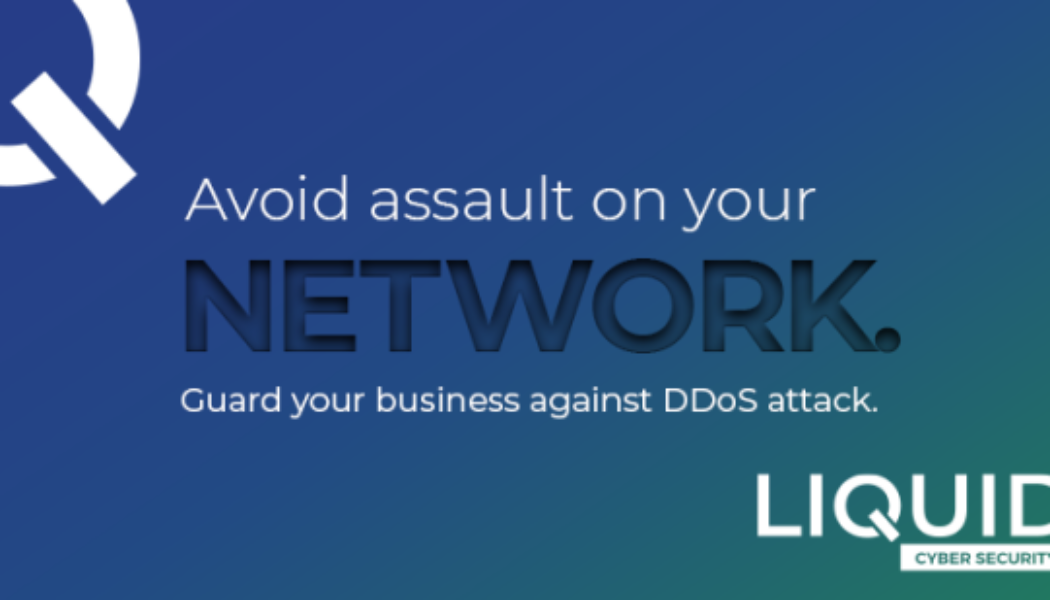Cybersecurity Africa
SA’s Cybersecurity Professionals Feel They’re “Losing Ground” Against Cybercriminals – Study
Image sourced from Pixabay Less than 40% of South African security operations (SecOps) professionals are very confident in their ability to adapt to new online threats, with 34% only somewhat confident. While 18% are not confident in their ability to deal with continuously evolving threats, over 10% are undecided. This was part of a global research study released today by Trellix, the cybersecurity company delivering the future of extended detection and response (XDR), revealing the cost of siloed security, weak spots in protection and lack of confidence amongst SecOps teams. “Although South Africa is slightly ahead of the curve (relative to the global average) in its preparedness to deal with attacks, the number of threats is fast increasing, along with the stakes that attackers are playi...
How AI & Machine Learning Can Provide Defense Against Cybercrime
Nowadays, threat actors are leaning on new tools and techniques to improve the efficiency of their attacks. Only artificial intelligence (AI) and machine learning move quickly enough to defend organisations in this evolving cyber threat landscape. “In the past three months, we’ve been seeing more speed and speed can kill,” says Derek Manky, Chief Security Strategist & VP Global Threat Intelligence at FortiGuard Labs. Threats have been getting into a system, hitting the targets, exfiltrating data, demanding ransom, and getting out of a system, much quicker than normal. This includes attackers capitalizing on new vulnerabilities, zero-days and n-days. They also appear to have become more aggressive, with double extortion, triple extortion and targeted attacks. “Their approaches are more ...























